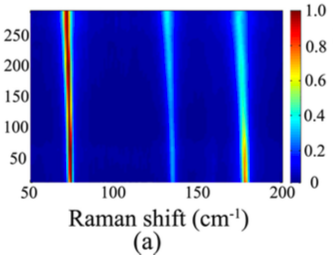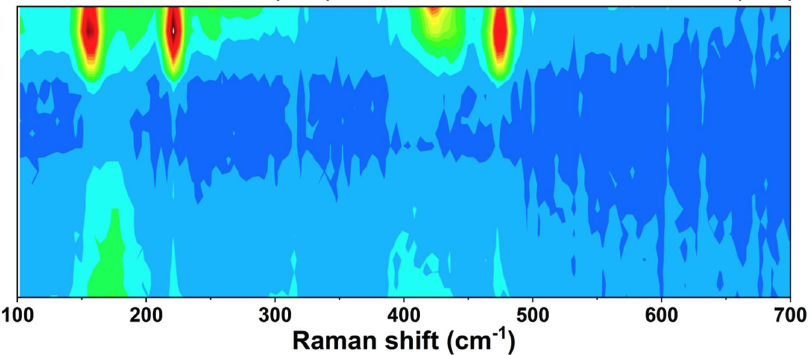Engineering Anomalously Large Electron Transport in Topological Semimetals
Anomalous transport of topological semimetals has generated significant interest for applications in optoelectronics, nanoscale devices, and interconnects. Understanding the origin of novel transport is crucial to engineering the desired material properties, yet their orders of magnitude higher transport than single-particle mobilities remain unexplained. This work demonstrates the dramatic mobility enhancements result from phonons primarily returning momentum to electrons due to phonon-electron dominating over phonon–phonon scattering. Proving this idea, proposed by Peierls in 1932, requires tuning electron and phonon dispersions without changing symmetry, topology, or disorder. This is achieved by combining de Haas – van Alphen (dHvA), electron transport, Raman scattering, and first-principles calculations in the topological semimetals MX2 (M = Nb, Ta and X = Ge, Si). Replacing Ge with Si brings the transport mobilities from an order magnitude larger than single particle ones to nearly balanced. This occurs without changing the crystal structure or topology and with small differences in disorder or Fermi surface. Simultaneously, Raman scattering and first-principles calculations establish phonon–electron dominated scattering only in the MGe2compounds. Thus, this study proves that phonon-drag is crucial to the transport properties of topological semimetals and provides insight to engineer these materials further.




